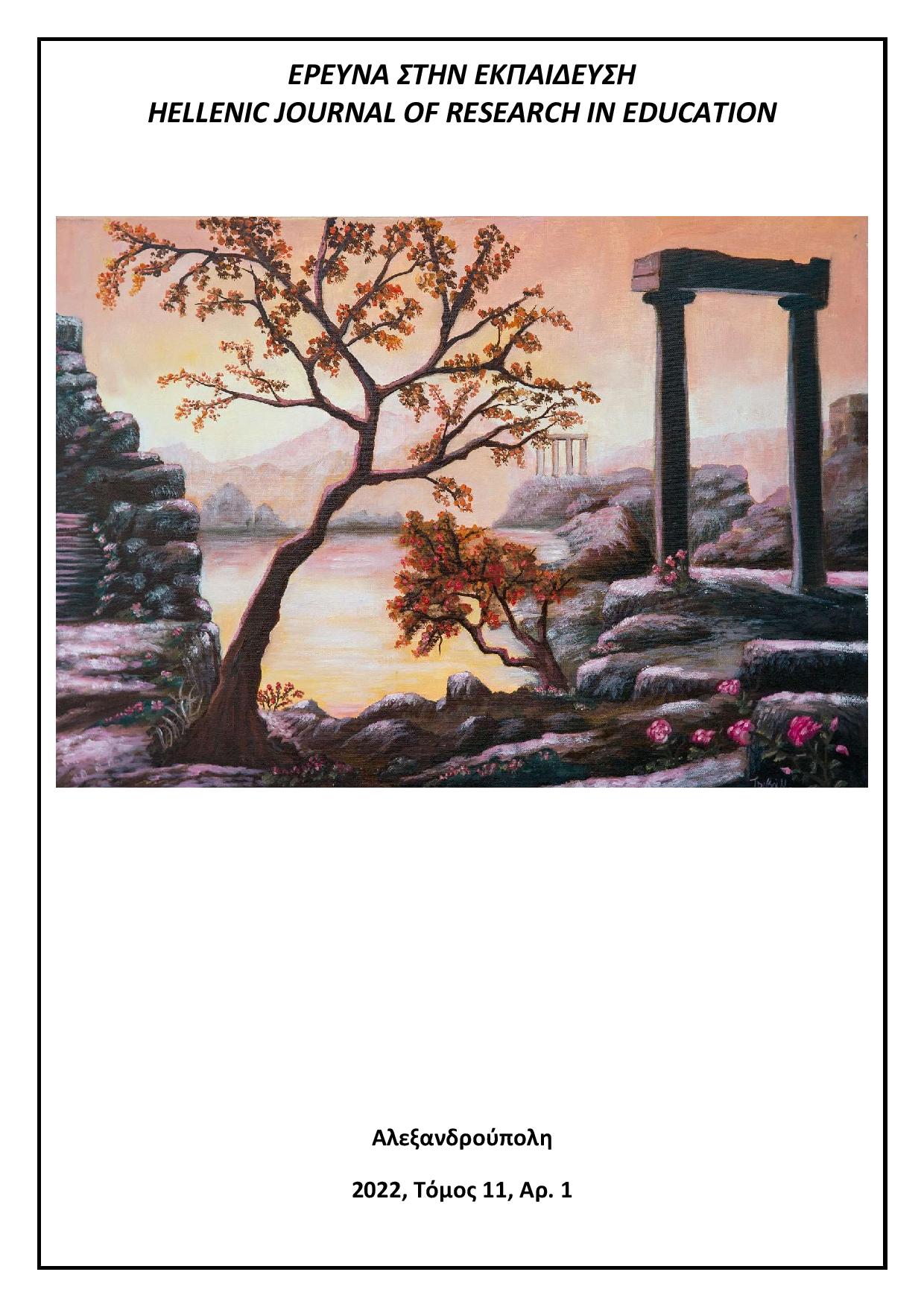Identity development as a learning outcome: a case study

Περίληψη
Learning outcomes and their wider impact on people's lives are underexplored among other aspects of learning. Considering lifelong learning as a concept that occur throughout life and is related to identity development, we investigated how lifelong learners perceive its impact in their lives. In the current paper we present a case study of changes in identity’s elements as learning outcomes. As a part of a broader biographical research, the narrative of Eva’s learning experiences allowed researchers to investigate identity as the form that is transformed when transformative learning occurs and how relative theory can be applied in learning outcomes research. The learning experiences gradually developed Eva's lifelong learning identity, which had a significant influence on the development and transformation of her other identities as well. We discuss also learning identity as an element of Eva’ s core identity that helped her cope with difficulties by changing her learning choices to fulfill her personal development targets.
Λεπτομέρειες άρθρου
- Πώς να δημιουργήσετε Αναφορές
-
Orfanidou, C., & Kedraka, K. (2022). Identity development as a learning outcome: a case study. Έρευνα στην Εκπαίδευση, 11(1), 189–196. https://doi.org/10.12681/hjre.31598
- Τεύχος
- Τόμ. 11 Αρ. 1 (2022)
- Ενότητα
- Άρθρα

Αυτή η εργασία είναι αδειοδοτημένη υπό το CC Αναφορά Δημιουργού – Μη Εμπορική Χρήση – Παρόμοια Διανομή 4.0.
Τα πνευματικά δικαιώματα των άρθρων του περιοδικού ανήκουν στους συγγραφείς. Τα άρθρα διατίθενται με άδειες Creative Commons CC-BC-SA 4.0


